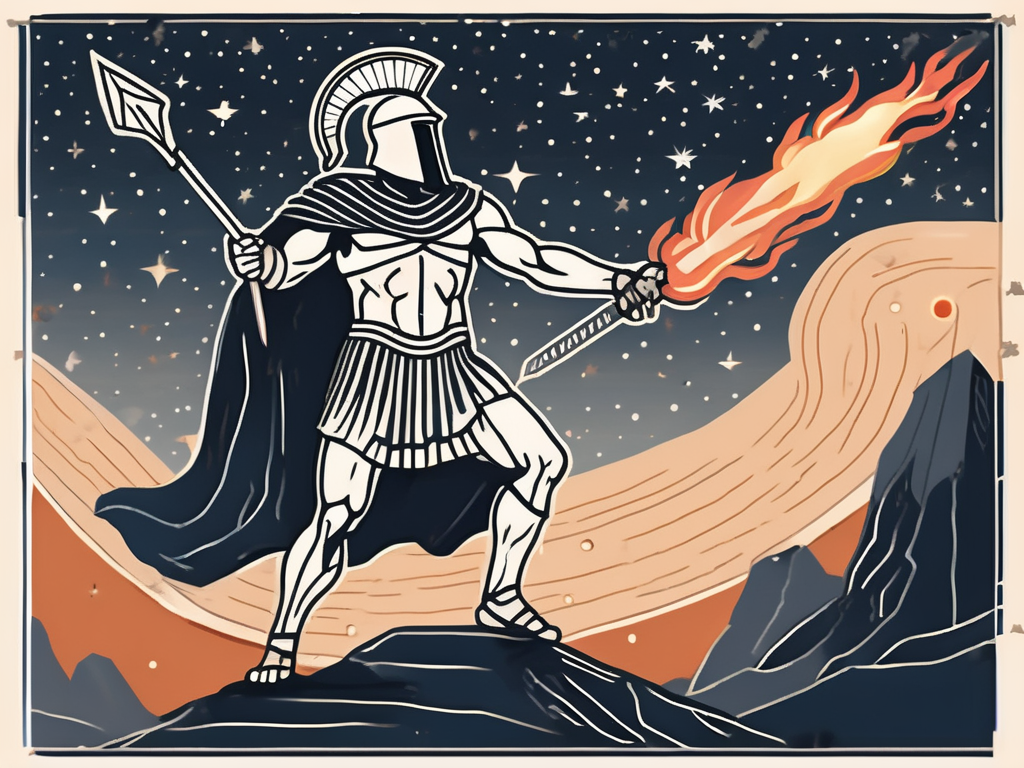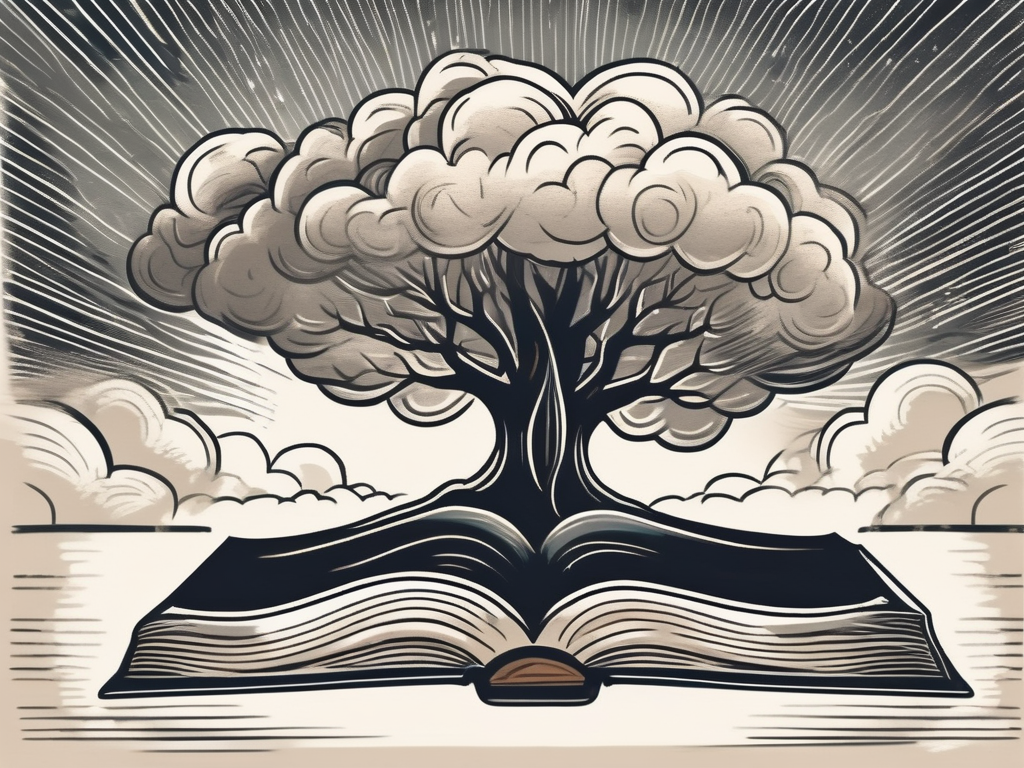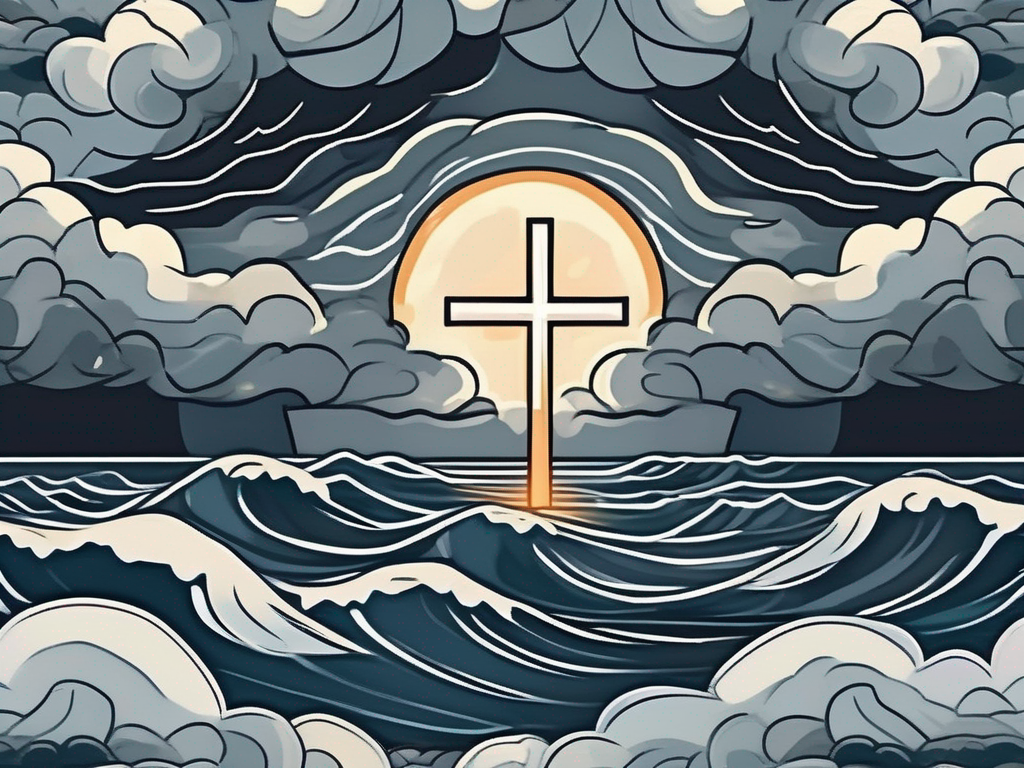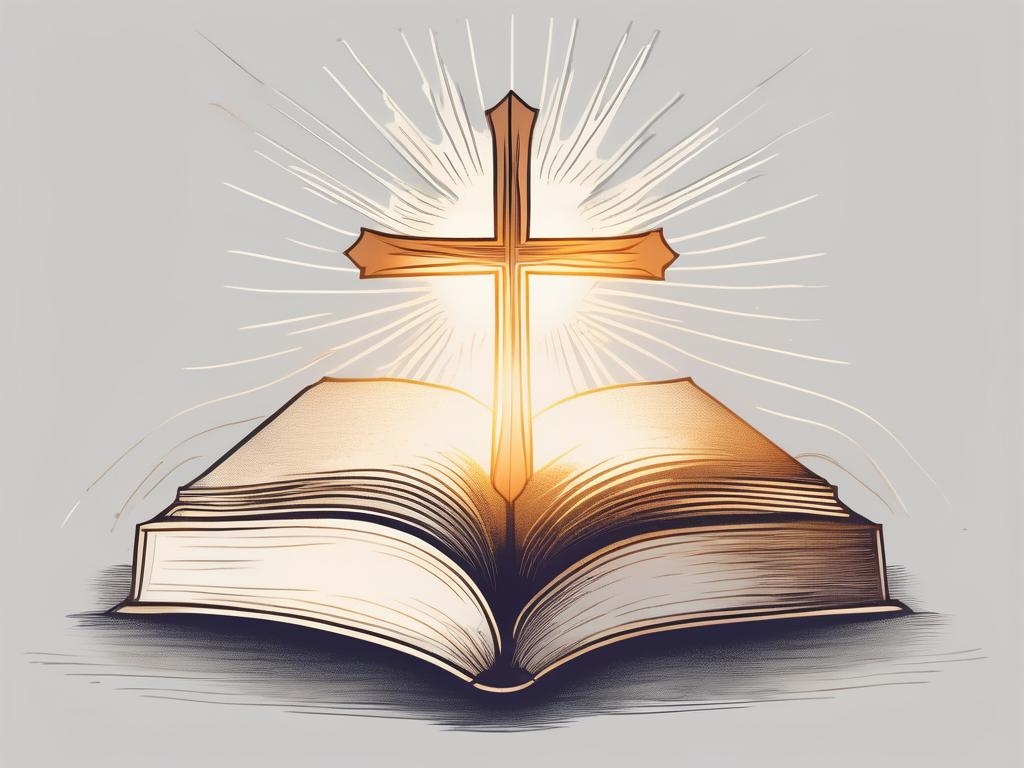Have you ever heard of Deimos, the Greek god? In this article, we’ll dive deep into the fascinating world of Greek mythology to explore the mythology and powers of Deimos. From his role in ancient Greek culture to his unique abilities, we’ll uncover the lesser-known aspects of this intriguing deity. So, let’s begin our journey of discovery.
Understanding Deimos: An Overview
Before delving into the specifics, let’s get to know Deimos a bit better. In Greek mythology, Deimos is known as the personification of terror and dread. His name, which translates to “fear” in English, perfectly captures the essence of his powers. As one of the sons of Ares, the god of war, and Aphrodite, the goddess of love, Deimos is part of a divine lineage that brings together both fear and desire.
Deimos’ presence in Greek mythology is not limited to his role as a personification of fear. He is also associated with the concept of awe, inspiring a mix of terror and admiration in those who encountered him. This duality is reflected in his appearance, which is often depicted as a small, grotesque figure with bloodshot eyes and a menacing grin. Even the bravest warriors were said to tremble in his presence, unable to resist the overwhelming sense of dread that he emanated.
According to mythological accounts, Deimos and his brother Phobos were constant companions of their father Ares, accompanying him into battle. As the gods of fear and terror, they played a crucial role in sowing panic and chaos among their enemies. With their terrifying presence, they ensured victory for their father and his allies, as the opposing forces were left paralyzed with fear.
Who is Deimos in Greek Mythology?
Deimos’ significance in Greek mythology extends beyond his role as a fearsome deity. He embodies the psychological aspect of fear, representing the constant presence of terror in the minds of mortals. In ancient Greek culture, fear was seen as a necessary emotion, keeping individuals cautious and prepared for potential threats.
As the personification of fear, Deimos held a unique position in ancient Greek society. He was often invoked in military cults and rituals, where warriors sought his favor before going into battle. The belief was that by harnessing the terror associated with Deimos, soldiers could intimidate their adversaries and gain an advantage on the battlefield.
Furthermore, Deimos’ influence extended beyond the realm of warfare. In everyday life, the Greeks recognized the importance of fear as a motivator for personal growth and self-improvement. It was believed that by confronting and overcoming their fears, individuals could develop resilience and become stronger both mentally and physically.
The Role of Deimos in Ancient Greek Culture
In ancient Greek culture, Deimos played a significant role in shaping the collective psyche of the people. His presence served as a constant reminder of the unpredictability and dangers of life, instilling a sense of caution and vigilance in individuals. The Greeks believed that by acknowledging and embracing fear, they could navigate through life’s challenges with greater wisdom and resilience.
Deimos’ influence was not limited to the realm of fear alone. As the son of Aphrodite, the goddess of love, he also represented the complex relationship between fear and desire. The Greeks recognized that fear and desire often went hand in hand, as the pursuit of one’s desires often involved taking risks and facing potential dangers.
Overall, Deimos’ multifaceted nature and his association with fear and awe make him a captivating figure in Greek mythology. His presence serves as a reminder of the intricate interplay between fear, desire, and the human experience, offering valuable insights into the complexities of the human psyche.
The Powers of Deimos
As the god of terror, Deimos possessed a range of powers that set him apart from other Greek deities. Let’s explore his main power and how it influenced the mortal world.
The God of Terror: Deimos’ Main Power
Deimos’ primary power lies in his ability to instill paralyzing fear and panic in the hearts of both gods and mortals. With a single glance, he could render even the mighty Zeus momentarily powerless. This relentless terror made Deimos a force to be reckoned with, as his influence stretched far and wide, affecting both individuals and entire nations.
When Deimos unleashed his power, mortals would be overcome with an overwhelming sense of dread. Their hearts would race, their palms would sweat, and their bodies would tremble uncontrollably. The fear that Deimos inspired was so potent that it could cripple even the bravest of warriors, leaving them frozen in terror.
Legends tell of Deimos’ encounters with mortal heroes, who would face him in battle only to be overcome by an all-consuming fear. Even the most skilled warriors would find their weapons slipping from their grasp as the god’s terrifying presence washed over them. It was said that those who looked directly into Deimos’ eyes would be haunted by nightmares for the rest of their lives, their minds forever scarred by the horrors they had witnessed.
Influence and Impact of Deimos’ Powers
The power of fear, embodied by Deimos, played a crucial role in shaping the outcomes of battles and conflicts in ancient Greece. Deimos was believed to be responsible for driving the enemies of Greece into disarray, leading to victories for Greek forces. His power served as a reminder of the fragile nature of human existence, urging mortals to value their lives and protect their communities.
When Deimos unleashed his terror upon the battlefield, it would spread like wildfire among the enemy ranks. Soldiers would abandon their posts, their minds clouded by irrational fear. Chaos would ensue as the once-unified army crumbled under the weight of their own terror. It was said that Deimos’ influence could turn the tide of battle, as fear-stricken enemies would flee in disarray, leaving the Greek forces victorious.
But Deimos’ power extended beyond the battlefield. His presence could be felt in the everyday lives of mortals, reminding them of the fragility of their existence. Farmers would pray to Deimos for protection against natural disasters, hoping that their crops would not be destroyed by floods or droughts. Parents would invoke his name to ward off harm from their children, seeking his divine intervention to keep them safe from accidents and illness.
Deimos’ power was a constant reminder that fear, although paralyzing, could also be a catalyst for change. It pushed mortals to confront their deepest fears and find the strength to overcome them. In this way, Deimos’ influence was not solely destructive, but also transformative, as it forced mortals to confront their own vulnerabilities and strive for a better future.
Deimos in Greek Literature and Art
The mythological tales of Deimos have left a lasting imprint on Greek literature and artistic expressions. Let’s explore how he was portrayed in ancient Greek culture.
Depictions of Deimos in Ancient Greek Literature
In ancient Greek literature, Deimos often appeared as a sinister figure lurking in the shadows of battlefields. He was described as a constant companion of his father, Ares, whispering horrifying visions and nightmares into the ears of soldiers. The mere mention of his name in these tales sent chills down the spines of readers, reminding them of the ever-looming presence of fear.
Artistic Representations of Deimos
In art, Deimos was frequently depicted as a menacing figure brandishing blood-soaked weapons or grasping tightly onto a shield, symbolizing his role in warfare. These artistic representations aimed to capture the essence of terror, showcasing Deimos as the embodiment of fear in physical form.
Deimos and His Family: The Divine Lineage
Deimos’ familial connections shed light on his place within the Greek pantheon. Let’s explore the lineage of this mysterious god.
Ares and Aphrodite: The Parents of Deimos
Deimos was born to Ares, the god of war, and Aphrodite, the goddess of love and beauty. Despite the contrast in their domains, the union of Ares and Aphrodite symbolizes the intricate interplay between desire and fear in human nature. Deimos stood as a testament to this union, embodying the harmonious yet paradoxical blend of these powerful forces.
Siblings of Deimos: Eros, Phobos, and Harmonia
Deimos had three siblings who, like him, personified distinct aspects of human experience. Eros, the god of love, represented the desires that often accompany fear. Phobos, Deimos’ brother, personified panic and dread. Meanwhile, Harmonia, their sister, symbolized the harmonious balance between love and war. These siblings formed an intriguing constellation of gods, interweaving the complexities of human emotions.
The Worship and Cult of Deimos
The worship of Deimos held a significant place in ancient Greek religious practices. Let’s delve into the rituals and beliefs associated with his cult.
Ancient Rituals and Practices Associated with Deimos
Worshipers of Deimos participated in elaborate ceremonies that aimed to honor and channel his terrifying power. These rituals often involved sacrifices of animals, offered to appease the god and seek his favor. Additionally, participants would engage in various acts of devotion, such as reciting prayers or performing specific gestures, to demonstrate their allegiance to Deimos.
Temples and Shrines Dedicated to Deimos
Throughout ancient Greece, several temples and shrines were erected to honor Deimos. These places of worship served as hubs for devotees to come together and pray for protection from fear and the strength to conquer their own inner demons. These sacred spaces became an integral part of the Greek religious landscape, reminding individuals of the transformative power of confronting and embracing their fears.
As we conclude our exploration into the mythology and powers of Deimos, we have gained a deeper understanding of this fascinating Greek god. From his terrifying influence in battlefields to his haunting portrayals in ancient literature and art, Deimos remains an enigmatic figure. Across the centuries, his legacy continues to remind us of the perpetual dance between fear and courage within the human experience, shaping the narratives of countless generations.












